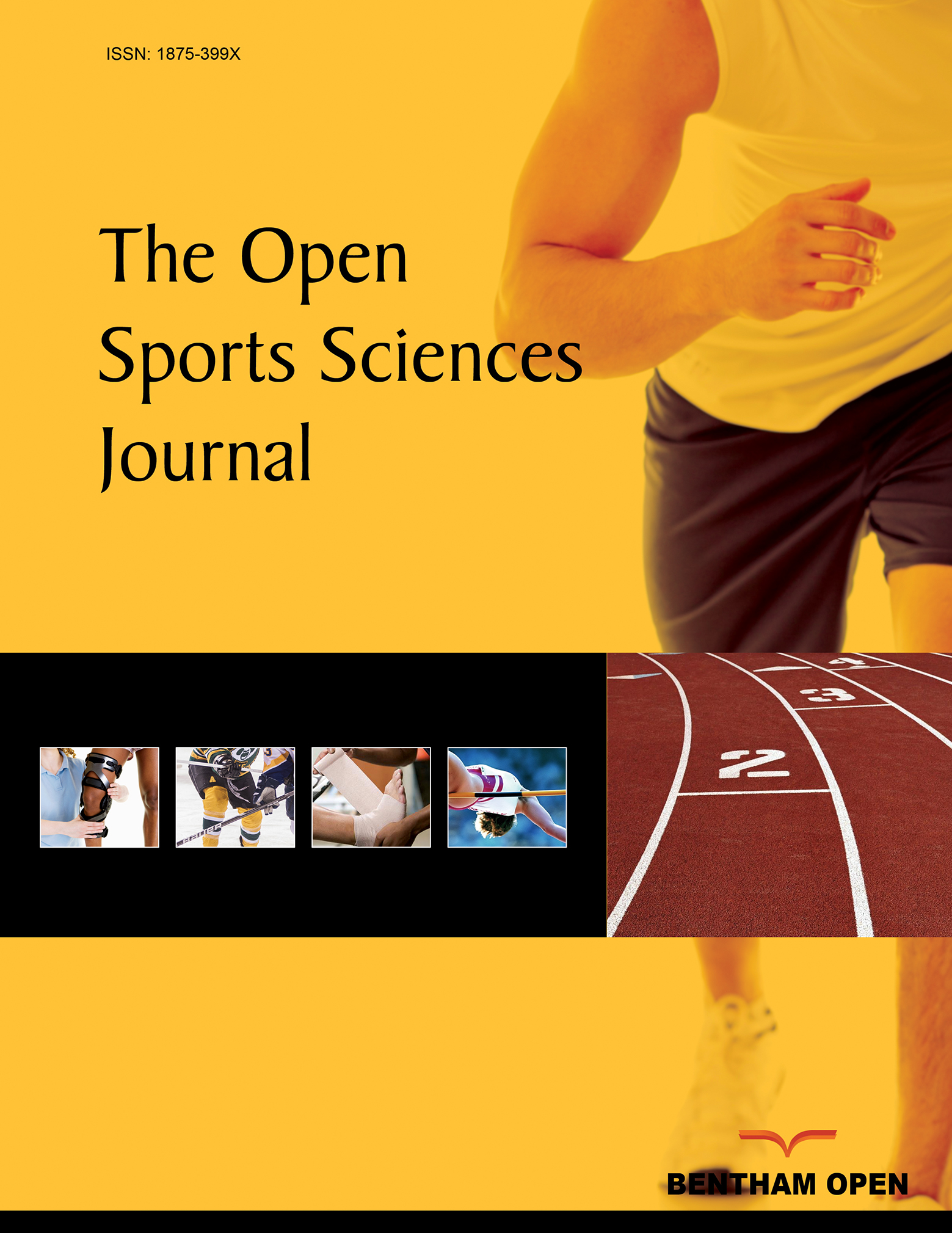All published articles of this journal are available on ScienceDirect.
Yoked Versus Self-Controlled Practice Schedules and Performance on Dual-Task Transfer Tests
Abstract
The authors examined yoked versus self-controlled practice schedules to determine their influence in immediate and delayed dual-task performance. The task was to propel a small disc along a smooth table top, with the purpose of stopping it in a specified target area. Participants in the self-controlled schedule group chose the order in which eight acquisition targets, differing in distance from a home position, were practiced during acquisition. Members of a control group followed identical schedules to yoked participants in the self-controlled group. The authors hypothesized that those in the self-controlled group would perform with less error on retention and transfer tests and with more error on dual-task transfer tests in comparison to those in the yoked group. No differences in performance on retention, transfer, or dual-task tests were found. Possible reasons for the similar performance between groups include the provision of choice over blocks of rather than individual trials and feelings of autonomy in both groups due to choice as to how to propel the disc.


